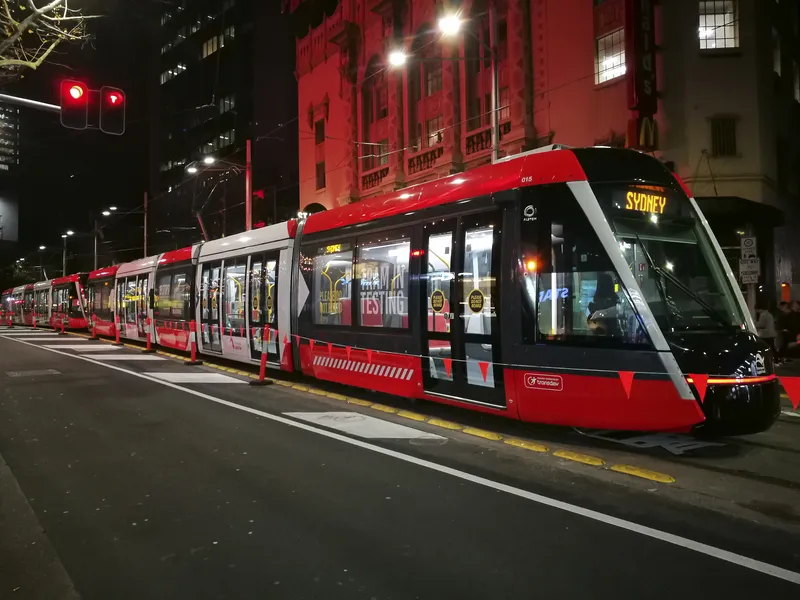
Engineers Without Borders UK and the High Volume Transport (HVT) Applied Research programme, in collaboration with Unesco, have announced the launch of Reshaping Transport. This is a virtual design challenge aimed at developing innovative and sustainable solutions to global transport issues. Kickstarting on August 1, 2024, this initiative invites participants from diverse sectors and backgrounds to address transport challenges in low- and middle-income countries.
Transport plays a critical role in global connectivity, economic development, and societal progress. However, many communities worldwide face transport challenges, including congestion, inadequate infrastructure, pollution, and limited accessibility. Today, transport accounts for approximately 24% of global CO2 emissions, a figure that has increased by about 40% since 2000. The Reshaping Transport design challenge seeks to address these issues through collaborative and creative problem-solving.
Participants in the challenge will receive a real-world design brief focusing on sustainable transport issues relevant to low- and middle-income countries. The eight-week programme will include educational components, peer collaboration, and mentorship from experts in globally responsible engineering practices.
Constance Agyeman, project lead at Engineers Without Borders UK, said: "We are committed to empowering engineers to practise globally responsible engineering. This programme aims to foster a design mindset that considers and respects local realities and pushes for a more resilient and equitable society.”
The challenge is open to any individual or team with an interest in transport issues, including those studying or working in engineering and beyond. In particular, those based in low- and middle-income countries are encouraged to take part.
Participants will have access to a variety of resources, including live and recorded sessions and expert advice, to support their project development. For professionals, participation in the challenge may contribute to Chartership or continuing professional development (CPD) accreditation.
Programme manager for the HVT Applied Research programme, Roxanne Garanna, expressed her enthusiasm for the initiative: “We are excited to see this challenge producing innovative solutions to support vulnerable populations in low- and middle-income countries by transforming their transport sectors, making them greener, safer and inclusive. In addition we're thrilled to support the capacity building of young talent across the world with HVT's latest research on sustainable transport.”
To learn more and register for Reshaping Transport, click here.
Registrations close on 25 July 2024.











